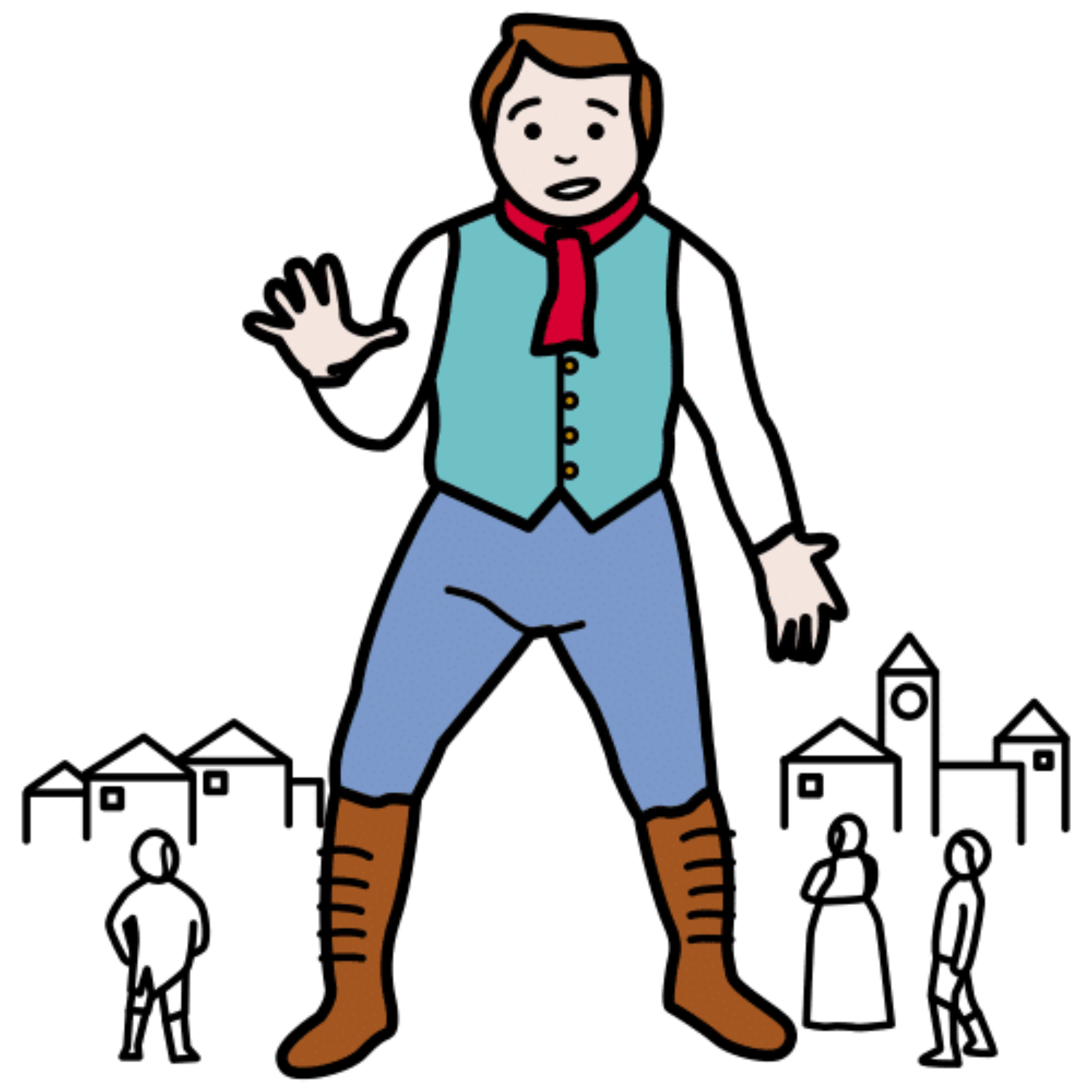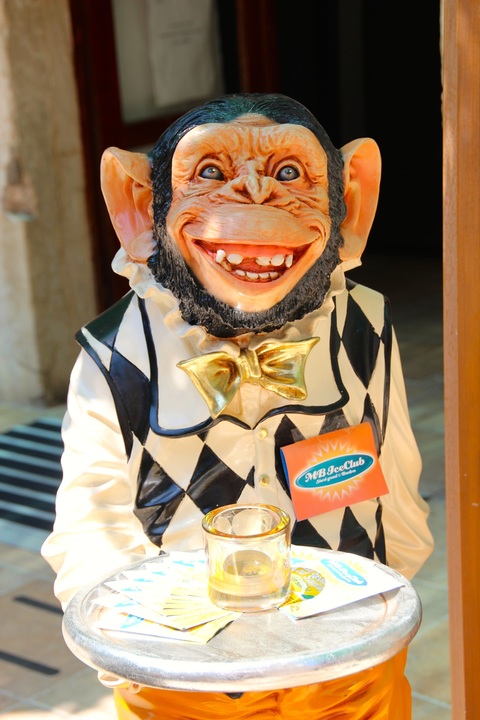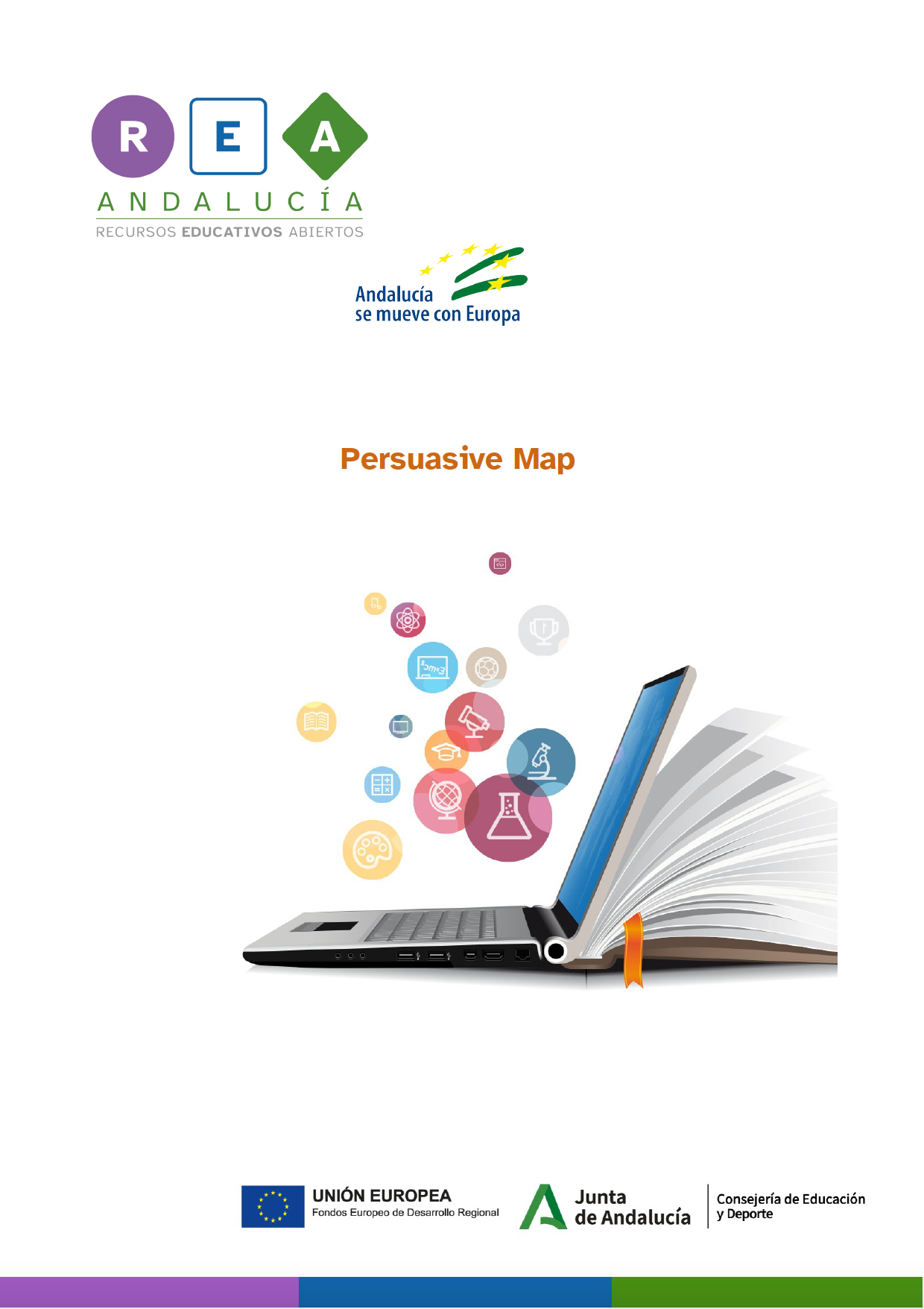Dictionary
Charming

Definition:
- Attractive, delightful.
- Que atrae o gusta mucho.
Example:
- It is one of the most charming places I have ever visited.
- Es uno de los lugares más atractivos que he visitado.
Spanish word:
Atractivo o atractiva, encantador o encantadora.
Audio:
Crowded

Definition:
- Full of people.
- Lleno o llena de gente.
Example:
- The streets were crowded with people who wanted to buy their Christmas presents.
- Las calles estaban abarrotadas de personas que querían comprar sus regalos de Navidad.
Spanish word:
Abarrotado o abarrotada, atestado o atestada.
Audio:
Huge

Definition:
- Very big, enormous.
- Muy grande, inmenso.
Example:
- The lake was so huge that people thought it was actually the sea.
- El lago era enorme y la gente pensaba que en verdad era el mar.
Spanish word:
Enorme.
Audio:
Lively
Definition:
- Energetic, full of life.
- Energético o energética, lleno o llena de vida.
Example:
- They had a lively discussion about who should start the project.
- Tuvieron una discusión animada sobre quién debería empezar el trabajo.
Spanish word:
Animado o animada.
Audio:
Picturesque

Definition:
- Attractive, pleasing (especially referred to a place).
- Atractivo o atractiva, atrayente (especialmente referido a un lugar).
Example:
- We stayed in a picturesque hotel in the mountains during our holidays.
- Nos quedamos en un hotel pintoresco de las montañas durante nuestras vacaciones.
Spanish word:
Pintoresco o pintoresca.
Audio:
Strength
Definition:
- The ability to move heavy objects or to do things that require a mental effort.
- La habilidad de mover objetos pesados o hacer cosas que requieren un esfuerzo mental.
Example:
- He needed patience, endurance and strength to overcome his disease.
- Él necesitaba paciencia, aguante y fuerza para superar la enfermedad.
Spanish word:
Fuerza.
Audio:
Tiny
Definition:
- Very small.
- Muy pequeño.
Example:
- The doll house included a room with a small bed with a tiny pillow.
- La casa de muñecas incluía una habitación con una cama pequeña y una almohada diminuta.
Spanish word:
Diminuto o diminuta.
Audio:
 Let’s persuade our classmates!
Let’s persuade our classmates!
